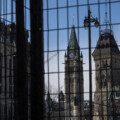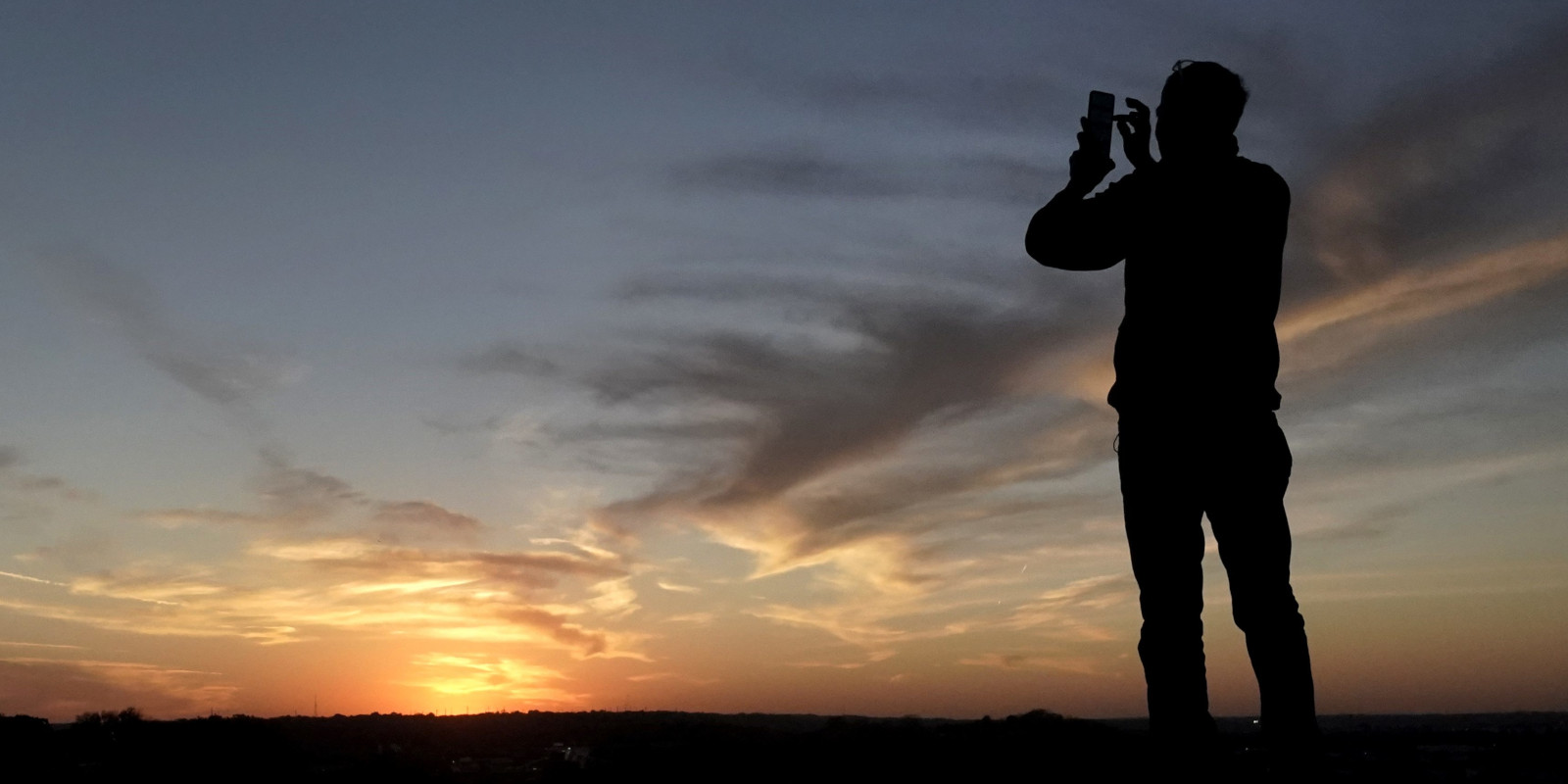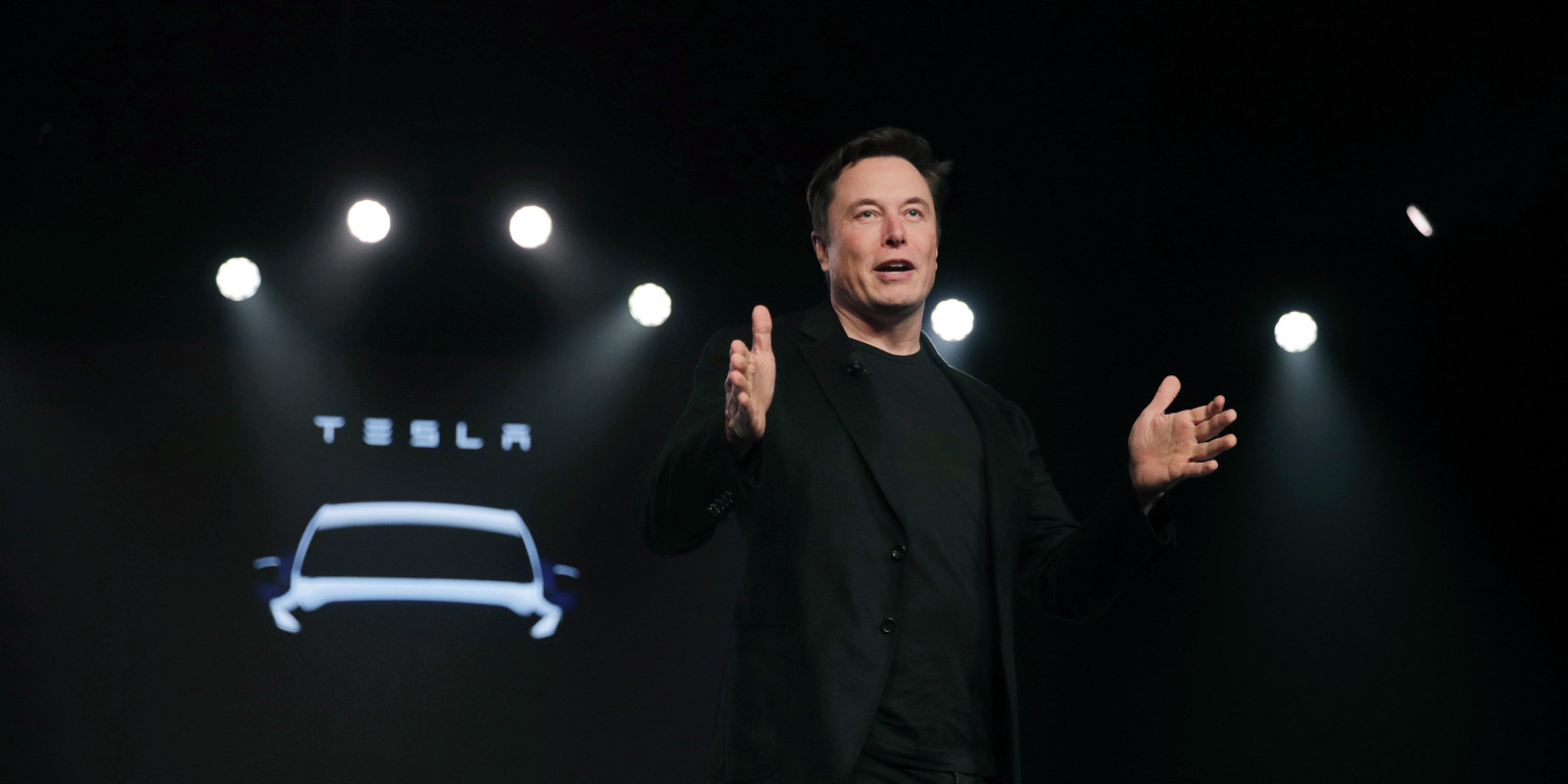One of the strange features of mid-December is the approach of both the most festive part of the year and the shortest, darkest day on the calendar.
It’s a stark contrast between the holiday cheer and the depressing sight of a sunless sky before the commute home has even begun.
Ontario MPP Jeremy Roberts hopes to change that with his recently passed private member’s bill that would keep the province on daylight time permanently. That means the extra hour of sunshine in the evenings that we get in the summer would remain throughout the year, with no “fall back” and “spring forward” each year.
Of course, there’s no such thing as a free lunch. That extra hour of sunshine would be gained at a cost of pushing the morning sunrise back and some cities would feel it harder than others.
Albertans recently rejected a shift to permanent daylight time, which would have resulted in some eerily late sunrises in the province.
The sunrise in Grande Prairie this morning, for example, was officially clocked at 9:15 a.m., meaning a permanent shift to daylight time would push it to 10:15 a.m. Tantalizingly, though, the Grande Prairie sunset would happen closer to 5:30 p.m. than 4:30 p.m., offering a less depressing commute in the deepest part of winter.
The issue is a policy Rorschach test, pitting morning people against night people, parents against non-parents, and even golfers against drive-in movie enthusiasts. In Alberta, the recent referendum divided the province, with 50.2 percent of voters saying no to year-round daylight time and 49.8 saying yes.
When he started doing research on the topic of daylight saving, Roberts found that it was initially a measure to save energy during the First World War. Germany made the switch, followed by England and eventually Canada in 1918. Nowadays, it’s hard to find a justification for the twice-yearly ritual.
“In fact, there’s a whole range of negative health impacts to changing the time twice a year,” said Roberts, in an interview with The Hub. “It’s been linked to an increase in heart attacks and strokes, more fatal car crashes, less productivity at work, and a whole slew of different negative side effects.”
Roberts said the bill sailed through the Ontario legislature in 55 days with virtually no opposition and support from small businesses that are keen on the idea of extra daylight in the evenings.
The major hurdle for the change is that, like launching missiles in a submarine, everyone has to turn their key. The Ontario bill will only be triggered if New York state and Quebec pass similar legislation.
Quebec Premier François Legault has never seemed overly enthusiastic about the idea but has recently said he’s open to it. Roberts said Ontario needs Quebec on board so the time change doesn’t wreak havoc with the federal government, which is split across the Quebec and Ontario side of the Ottawa River.
“You’d have a really weird situation where a lot of people would be missing meetings,” said Roberts.
And although there is legislation under consideration at the New York State Senate’s Judiciary Committee, it is contingent on neighbouring states agreeing with the measure and the U.S. federal government passing legislation allowing states to enact the changes.
The senator who sponsored the New York legislation has been reaching out to neighbouring states, similar to Roberts’ efforts. So far 19 states have passed resolutions or motions to abide by year-round daylight time, which require legislation from Congress to be enacted.
“Now we just need to figure out how we can do it responsibly and get those last two partners on board,” said Roberts.
Recommended for You

The Weekly Wrap: It’s time to cut through Chesterton’s Fence and implement sweeping reform in Canada

Has the Left lost its masculine energy?

Ginny Roth: J.D. Vance, Pierre Poilievre, and how they slice their economic pie

David Polansky: As President Biden leaves the race, will the Democratic Party hodgepodge hold?








